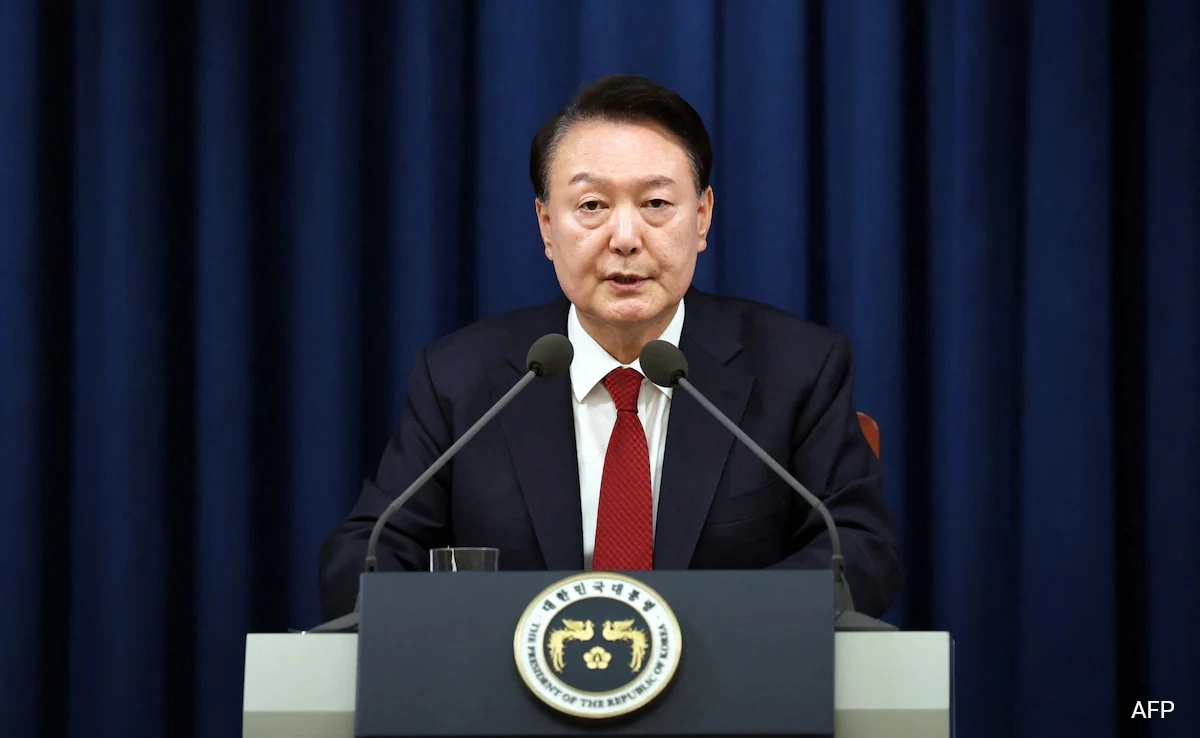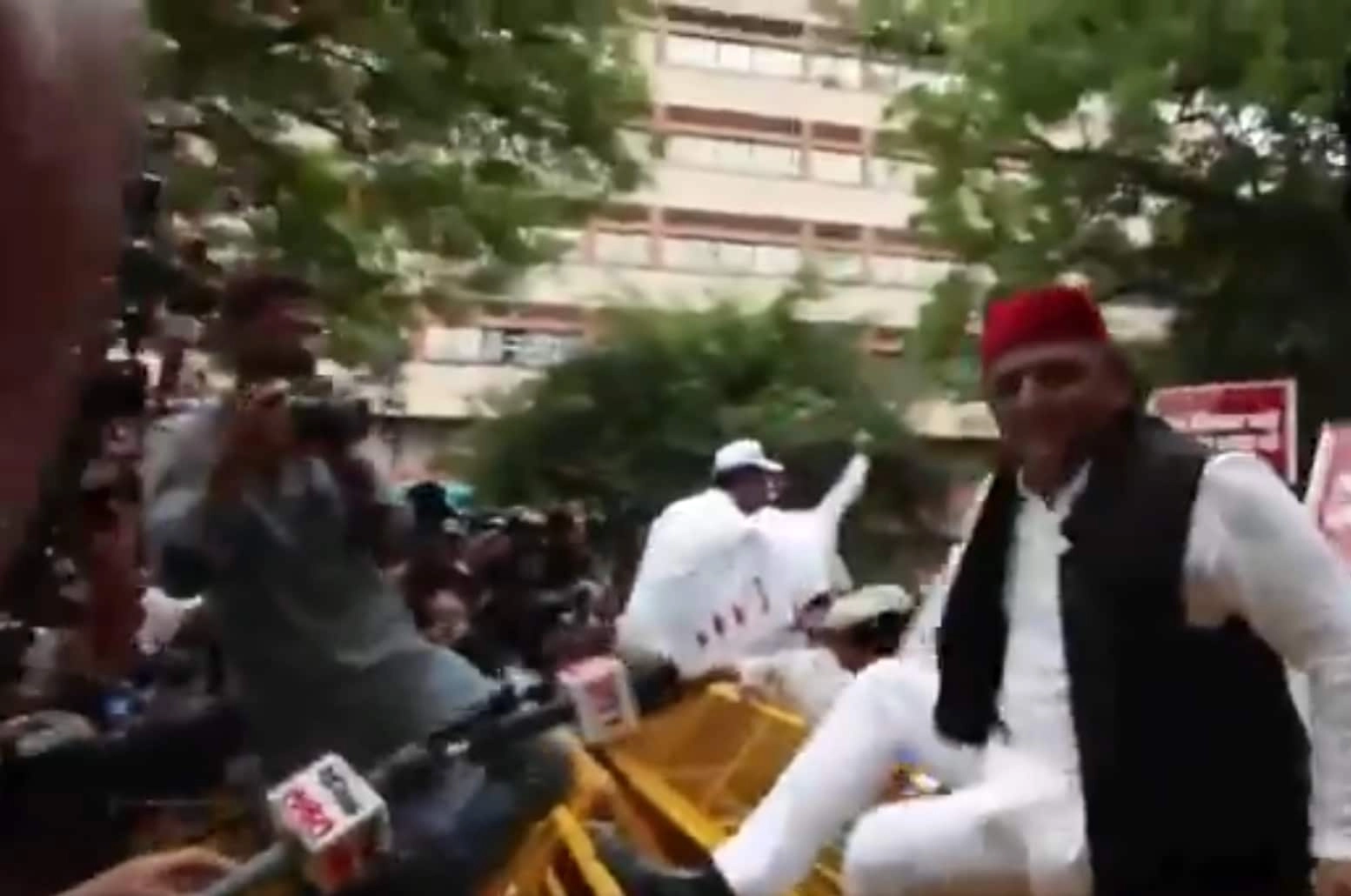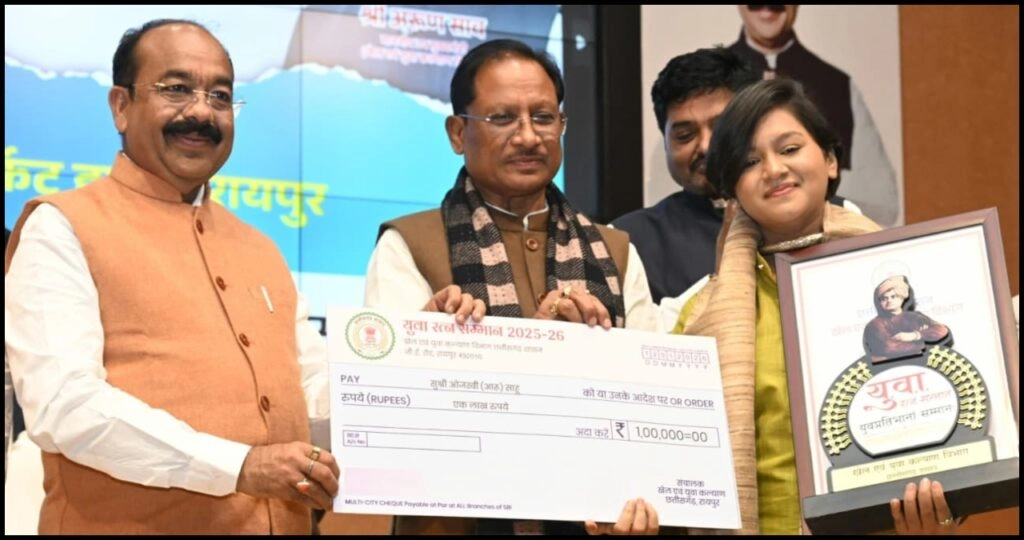South Korea’s former President, Yoon Suk-yeol, has recently faced additional criminal charges related to his time in office, particularly concerning the controversial enforcement of martial law. This indictment is part of a broader investigation that scrutinizes his administration’s actions during a period of significant political unrest. Critics have accused Yoon’s government of overstepping its legal boundaries and misusing power in its efforts to maintain control, especially during protests and dissenting voices that emerged against his policies.
The new charges come amid a backdrop of increasing political polarization in South Korea, where allegations of authoritarianism have sparked widespread debate. Yoon’s supporters argue that the measures taken were necessary to ensure stability and security in the face of escalating tensions, while opponents contend that such actions undermine democratic principles and the rule of law. This indictment is significant not only for Yoon’s political career but also for the broader implications it could have on South Korea’s democratic institutions and civil liberties.
As the legal proceedings unfold, they are likely to attract considerable public attention and could influence the political landscape in the country. Analysts suggest that the outcome of Yoon’s case may set a precedent for how future administrations handle crises and dissent. With South Korea’s democracy having evolved through decades of struggle against authoritarian regimes, the current situation serves as a reminder of the delicate balance between governance and civil rights. The ongoing discourse surrounding Yoon’s indictment reflects the complexities of navigating a democracy that is still grappling with its past while attempting to forge a path forward.




